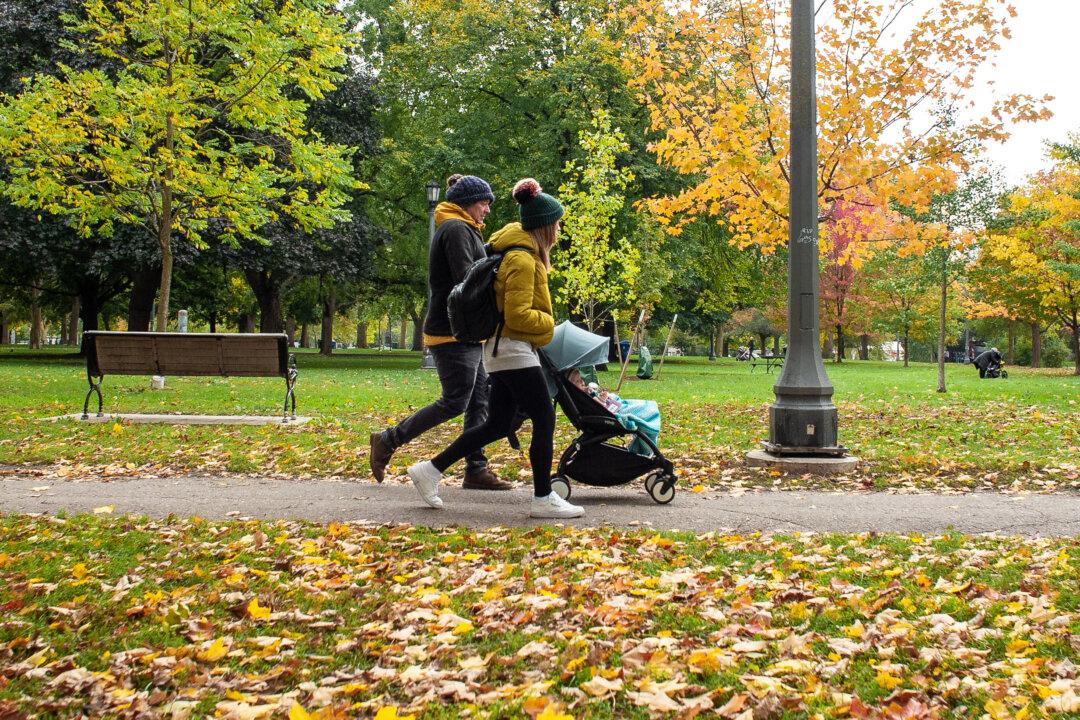The average age of first-time mothers has risen just shy of six years since 1965, a new report has found.
The average age of a new mom in 1965 was 23.5 years. That number has steadily increased, coming in at 29.4 years in 2019, according to a report published by the University of Calgary’s School of Social Policy. The university has been tracking the age at which women first become mothers since 1945.





